The Coaching Business Breakthrough You’ve Been Searching For.
Start with our FREE Live Workshop: Learn how to attract clients, craft an irresistible offer, and unlock your personalized Coaching Business Report - your step-by-step blueprint for success.
LIVE on DECEMBER 10th, 1PM ET | Only 40 Complimentary Tickets Available!
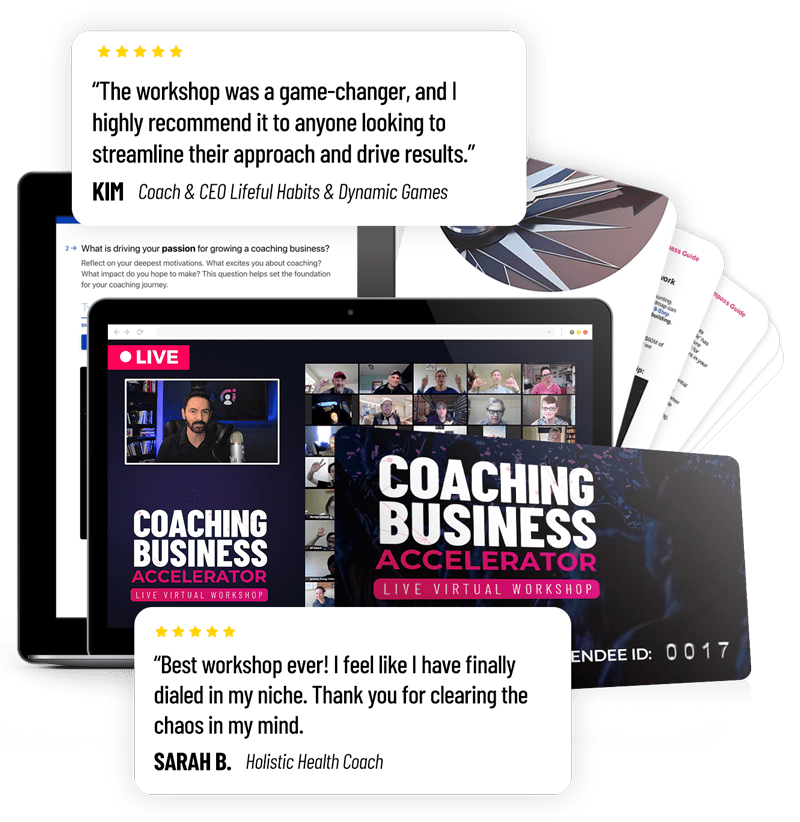
WHY YOU ARE HERE
You Became a Coach to Impact Lives - Not to Struggle Finding Clients & Sales.
Does this sound familiar?
You’re passionate about coaching, but marketing & sales feel like a mystery.
You see other coaches thriving, yet you feel stuck, overwhelmed & invisible.
You’re getting lost in tech and tactics, but still not booking clients.
You know you can help people, but you’re struggling to get them to say “yes” and pay for your services.
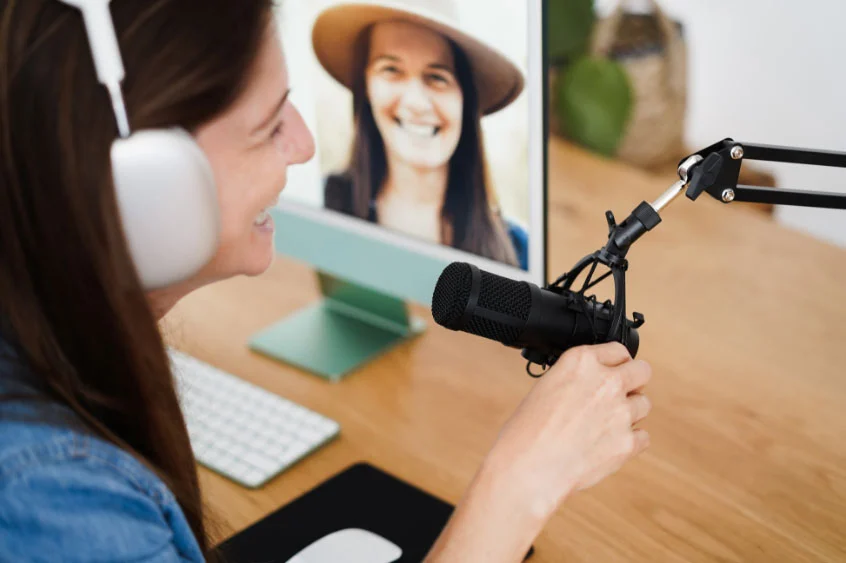
What You Really Want:
The real problem? You don’t need more courses or guesswork. You need a proven roadmap.
That’s exactly what we give you in
The Digital Mentors Compass Workshop.Join us for 90 minutes and gain:
Your Personalized Compass Report – A custom 30-page roadmap tailored to your coaching business.
An Irresistible Offer – Stop chasing clients. Learn how to create an offer they can’t resist.
Messaging That Sells – Get crystal clear on what you do, who you serve, and why they should choose you.
Proven Growth Strategy – Walk away with a step-by-step plan to get leads & sales consistently.
By the end of the workshop, you’ll have the clarity & tools to start getting results immediately.

Welcome To Digital Mentors. The Business Growth System for Coaches.
At DigitalMentors, we provide a supportive and nurturing environment designed to help you build, grow, and scale your coaching business. Whether you're struggling to attract new clients, fine-tune your marketing message, navigate technology, or stay focused on the activities that drive results, we're here to help.
When you join our community, you'll learn a fast-track 7-step coaching business framework from experts with nearly 2 decades of experience, who have collectively generated over $60 million in sales of coaching programs, digital education products, and subscription memberships. Our program is tailored to empower you with the essential business skills needed to transform your passion into a thriving enterprise.
If you have dreamed of building a business where you get paid to share your knowledge, skills, and experience with others, then you are in the right place. The path forward is clear, precise, affordable, and accessible, guiding you towards a successful and fulfilling coaching career.
WE CAN HELP YOU
The Power of The
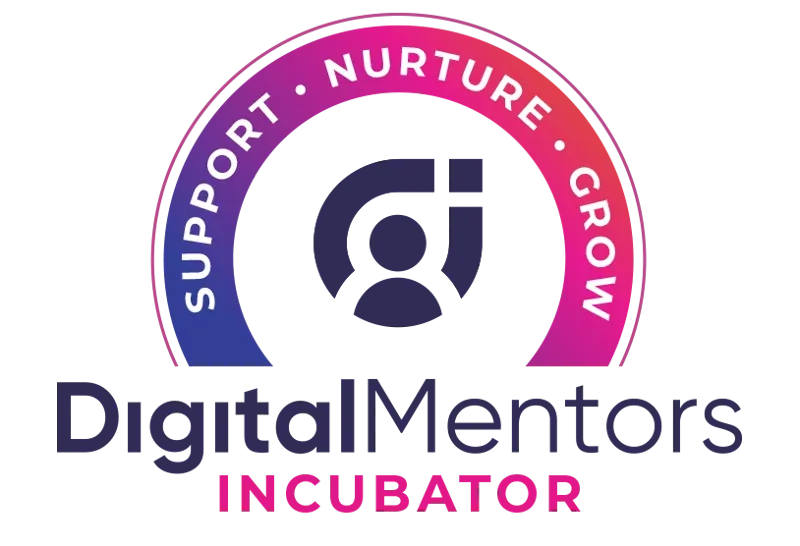
After the workshop, you’ll have the clarity and offer strategy to move forward. The next step?Our Digital Mentors Incubator – a complete business-building system designed to help you attract clients, sell programs, and scale your coaching business. What is the Incubator?
A step-by-step system that helps you build, grow, and scale your coaching business with:
Clear Positioning & Messaging – Define your niche & stand out from the crowd.
Offer Creation & Pricing Strategy – Develop irresistible offers that convert.
Marketing & Sales Automation – Attract, nurture, and enroll clients on autopilot.
Expert Mentorship & Community – Get hands-on support from top coaches & peers.
But before you join the Incubator… Start with the Workshop. Get the clarity, strategy, and roadmap to decide if it’s the right fit.
The Core Components To The
DigitalMentors Incubator Program
Comprehensive Coaching Support and Guidance
At DigitalMentors, we offer personalized coaching and support tailored to your unique needs. Our expert coaches will get to know your business intimately and guide you every step of the way, ensuring you achieve the success you desire. Clients appreciate the live touchpoints and access to coaches, feeling as though they have a team of sincere, grounded experts behind them. This personalized guidance helps you move faster and with more confidence than you would on your own.
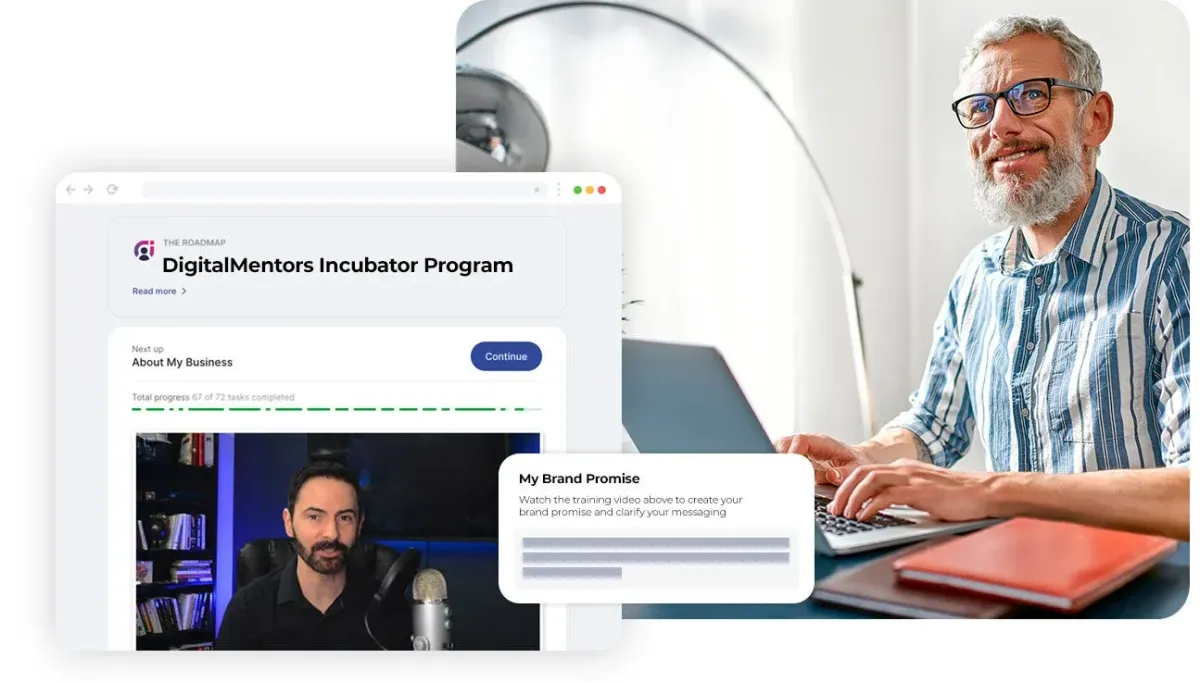
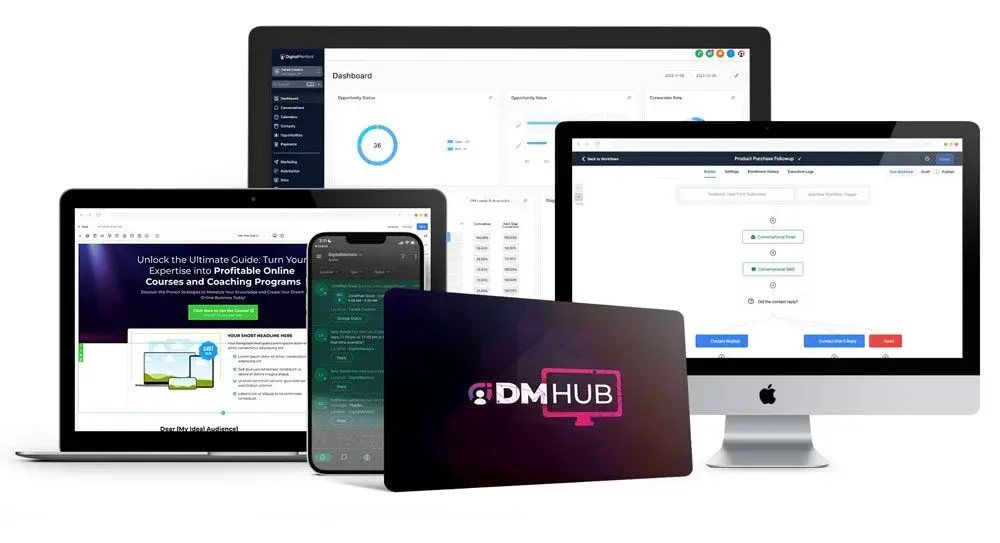
All-in-One Software Platform
Our intuitive software platform simplifies the management of your coaching business. With tools designed specifically for coaches, you can efficiently handle scheduling, client communication, content delivery, and payment processing—all in one place. This ensures you have all the resources you need to build your business seamlessly.

The training from DigitalMentors has been a blessing. Changing my thought processes and giving me the foundation to move ahead. Using the framework and Incubator mentorship has boosted me.
Patty D.
Holistic Health & Wellness Coach
Supportive Private Community
Join a vibrant community of like-minded coaches. Share your journey, celebrate your wins, and gain insights from peers who understand the unique challenges and rewards of the coaching profession. Our incubator clients frequently highlight the nurturing support that sets us apart, providing a sense of belonging and encouragement.
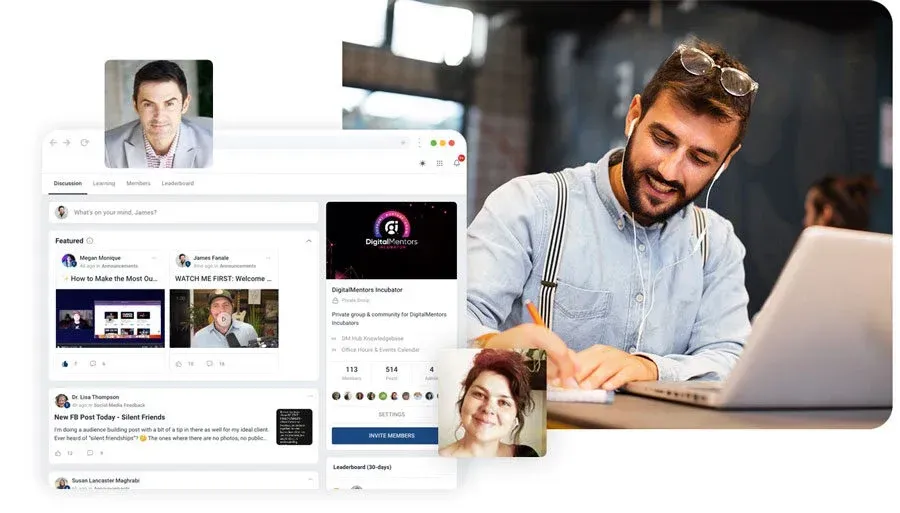

Since setting up my consultation funnel with my lead magnet a few days ago, I've already got my first booked call!
Fiona T.
Autoimmune Recovery Coach
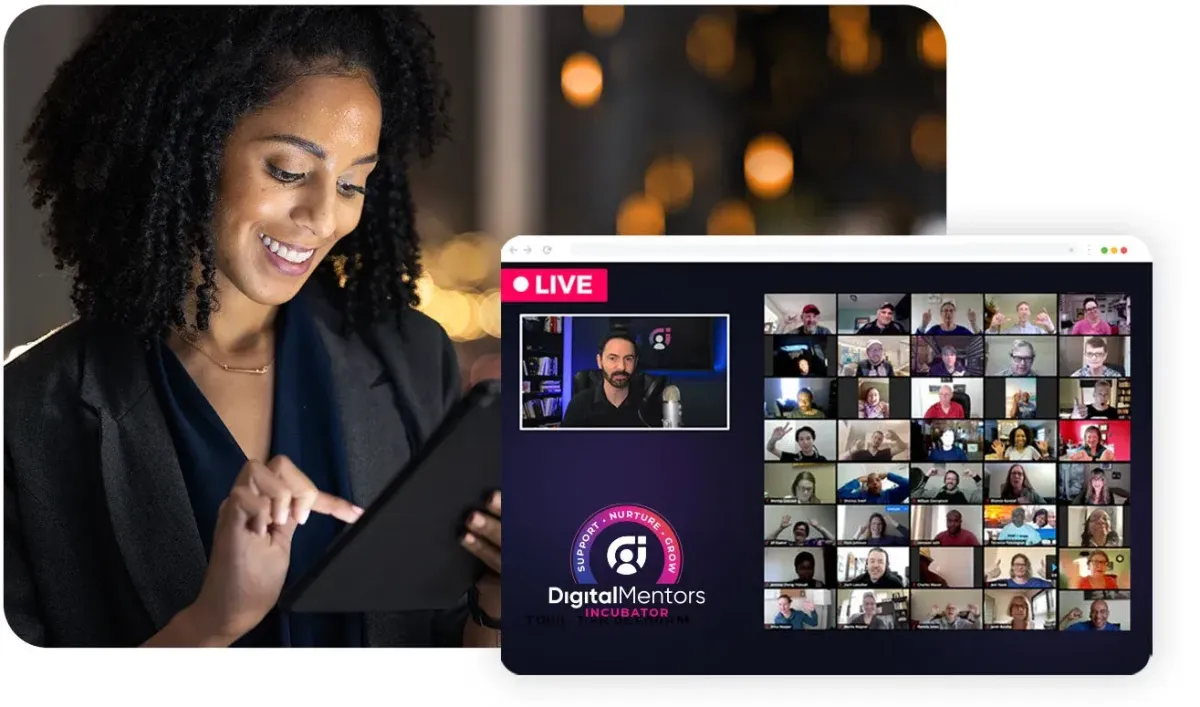
Group Coaching Calls
Participate in regular group coaching calls that offer personalized advice and support. These sessions are designed to address your specific challenges and help you stay on track towards your goals. Clients love the hands-on workshops where they can take immediate action, seeing tangible results quickly.
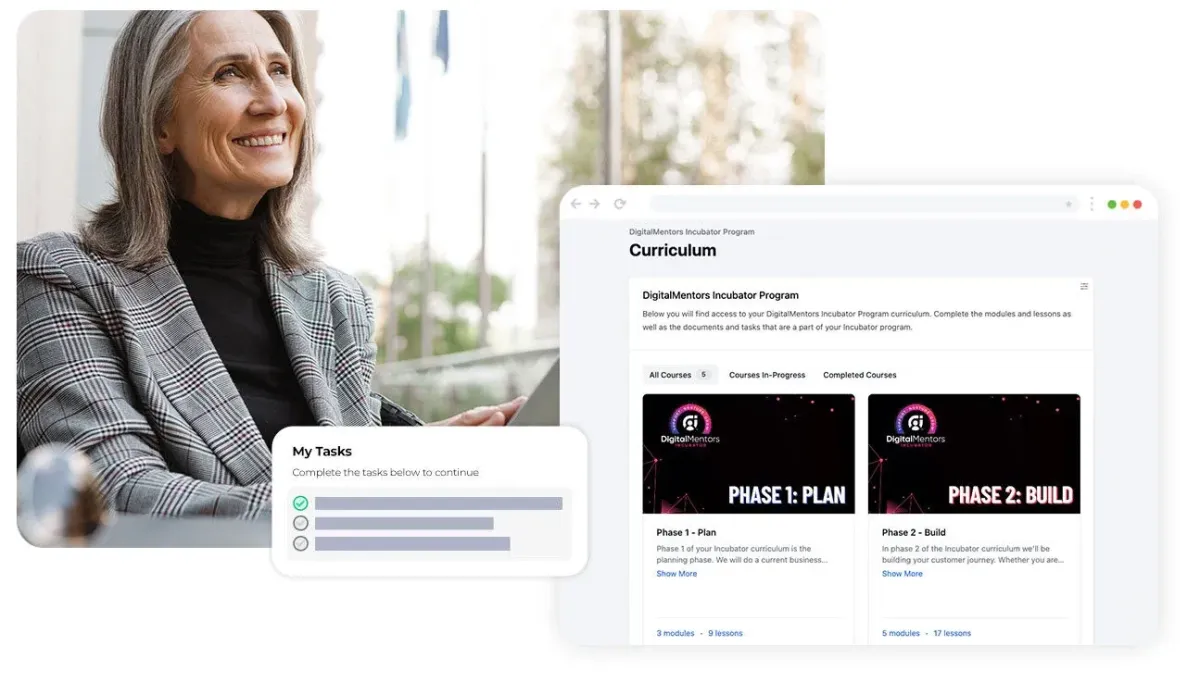
Structured Framework for Success
Follow a clear, step-by-step path to success. Our structured framework ensures you have a roadmap to achieve your business objectives, providing you with the direction and clarity needed to thrive. Our clients report feeling more focused, driven, and clear about their goals, transforming their ideas into actionable plans.
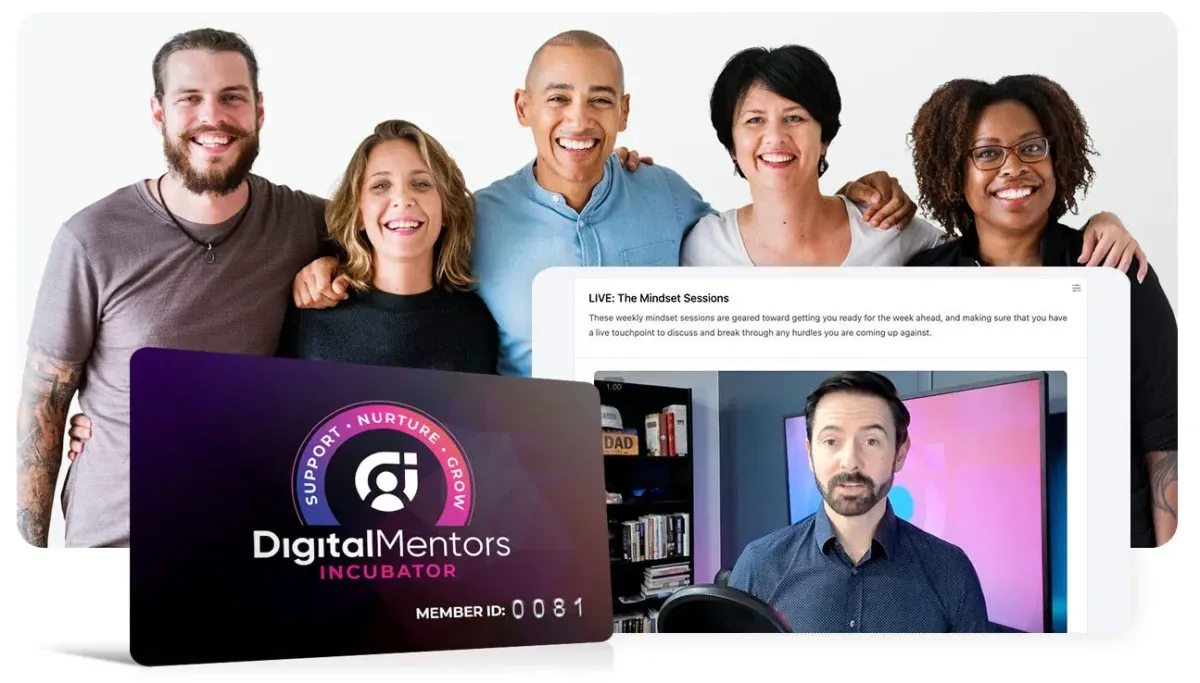
Personal and Professional Growth
Our program not only boosts your business skills but also helps you grow personally. You'll gain more confidence, professionalism, and accountability in your business, becoming mentally flexible and overcoming fears and obstacles. The year-long commitment ensures sustained growth and lasting impact.
Transformations in Their Own Words
Discover How Aspiring Mentors are Turning Their Dreams into Reality with DigitalMentors

"Within three months, I had hit those five figures and now I'm able to generate it month after month after month, am I pleased with making the decision to receive training, guidance support as well as the tools from digital mentors. It is the best decision I have ever made."
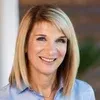
Stacey Hall
Author, Speaker, Coach

"I want to give a shout out to Brian, Jim, and Norbert. I made over 10k in the business center in January from the offer you guys helped me create.You guys are the best in world at what you do. Thank you!"
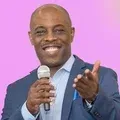
Eric King
Award Winning Speaker, Best-Selling Author & Entrepreneur

"I cannot thank you enough for the time and support you have given me for this massive transition to the new software hub. I have made more progress in the past few months than I have the entire time I've been working online!"
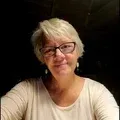
Cindy Brockway
Personal Coaching Specialist
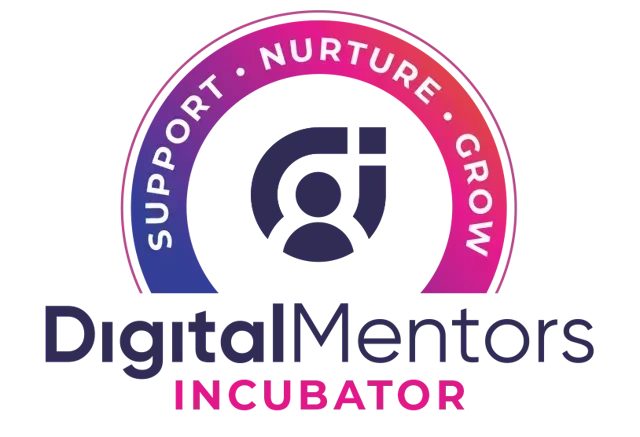
With our step-by-step guidance, proven frameworks, and expert mentorship, you don’t have to struggle to get clients or figure it out alone.
The first step? Join our FREE Live Workshop.
Clarify Your Messaging so ideal clients see your value instantly.
Create an Irresistible Offer that makes selling effortless.
Unlock Your Personalized Compass Report—your roadmap to more leads, sales, and impact.
Spots are limited—Reserve Yours Now!
Next workshop is LIVE on DECEMBER 10th 1PM ET | Only 40 Complimentary Tickets Available!
What Others Are Saying About the DigitalMentors Mentorship Programs
“I set a goal to hit 5-figures with one of my programs, and within 3 months I had hit those 5-figures! And now I’m able to generate it month after month after month.”

Stacey Hall
Author, Speaker, Coach
“I’m a chiropractor, I’ve been in practice for 40 years… I’ve got at least a ‘minimum viable product’ out there that’s selling. I’ve been stuck for a month - I’m unstuck now!”
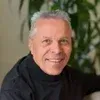
Dr. Lewis Meltz
Chiropractor, California
“I cannot thank you enough for helping me to get my knowledge out into the marketplace, I am so freaking grateful. I’ve made more money in the last month than I used to make in 3 years!”
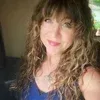
Erin Birch
Digital Creator & Mindset Coach
“It was taking me 10x as long to do something you guys helped me do in a day or two. Attracting those types of clients, it’s a different level from where I’ve been before. It’s a really solid roadmap that’s easy for people to follow and is not overwhelming.”
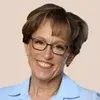
Judy Cirullo
Chiropractor, California
“We’re a family here - There is no other group of people like Brian, Norb, Jim and the community that will help you put a course or coaching program together that’ll work with you.”

Eric King
Digital Mentor & Elite Sales Coach

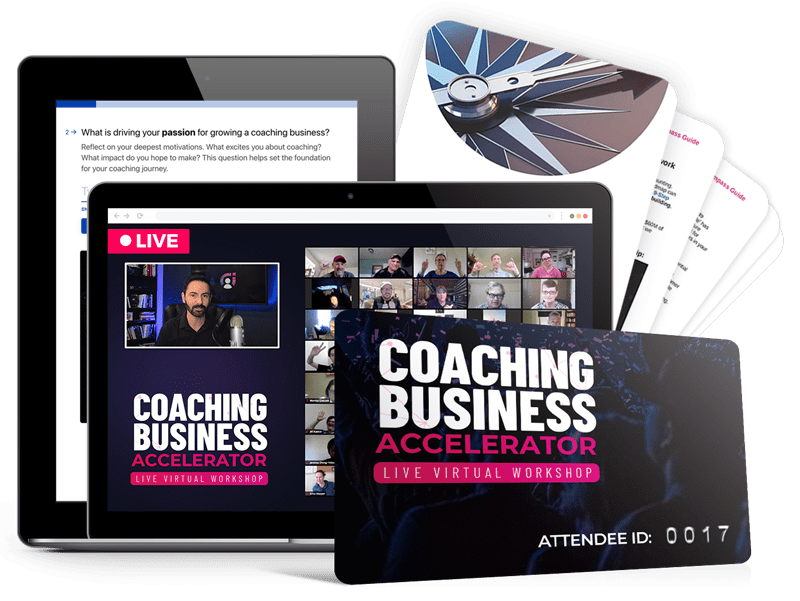
JOIN THE LIVE VIRTUAL WORKSHOP: DECEMBER 10th, 1PM ET
A Guided Clarity Experience to Unlock Leads, Income, and Momentum in Your Coaching Business - Powered by AI.
In just 90 minutes, you’ll uncover exactly where your business is stuck, what’s holding you back from leads and income, and get your personalized 30+ page AI-powered Compass Report growth plan - crafted live with expert guidance.

Embrace a future where your knowledge shapes lives and drives your success. With our step-by-step guidance, comprehensive resources, and a vibrant community of mentors, you’re never alone.

Experience a Thriving Private Community, an All-in-One Business Platform, and Comprehensive Marketing & Business Coaching for Modern Coaches.
Useful Links
Members
Connect
© Copyright 2025. DigitalMentors. All Rights Reserved. Privacy Policy Terms of Service